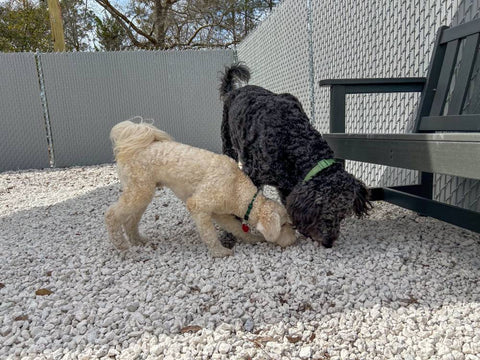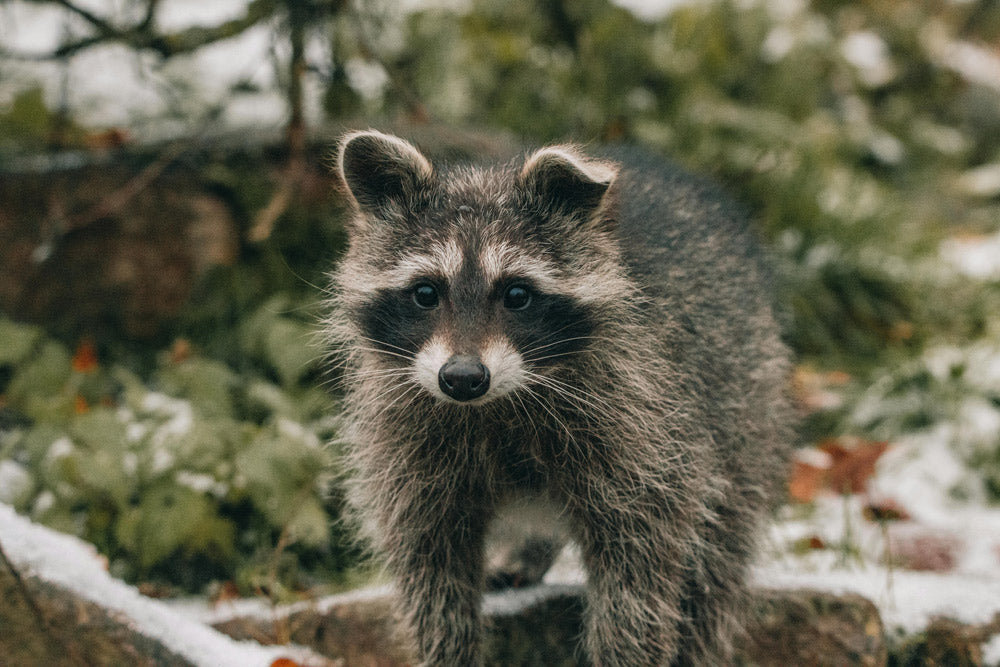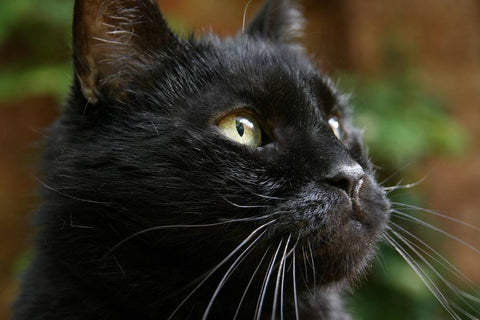Diners in Taiyuan, Shanxi province, now face more than just tea and pastries. For 1,078 yuan ($150), guests at the Wanhui restaurant can cradle live lion cubs alongside a four-course set menu, a novelty that has ignited fierce debate over animal welfare and public safety.
NBC News reports that up to 20 tickets are sold daily for what the venue markets as an unforgettable “mascot interaction.”
Yet this luxury experience masks a troubling reality. Lion cubs are wild by nature, and even if they appear docile, their instinctive behaviors remain intact. Experts warn that subjecting young predators to constant handling can cause chronic stress and developmental issues—problems that only intensify once the cubs mature and outgrow their cuddly appeal.

Diners pay $150 to cuddle lion cubs at a Shanxi restaurant.
Wild Animals as Props
Videos circulating on WeChat and Weibo show patrons smiling while cradling the cubs, but animal rights advocates see exploitation, not enrichment.
“Tearing lion cubs from their mothers so diners can handle them over afternoon tea is exploitation, not entertainment,” PETA Senior Vice President Jason Baker told NBC News, emphasizing that these creatures are “living, feeling beings, not toys.”
Chinese policy expert Peter Li said wild animals used for publicity stunts pose a dual risk. He cautions that even young lions can lash out unpredictably, turning a photo opportunity into a dangerous encounter.

Critics label the practice as pure exploitation.
Regulatory Gaps and Legal Scrutiny
Wanhui asserts it operates under a license from the Shanxi Provincial Forestry and Grassland Bureau, permitting the display of protected species. However, that permit does not cover direct physical contact. As The Telegraph reports, authorities have launched an urgent probe into whether the restaurant violated regulations by offering “mascot interaction” packages with big cats.
Similar services have previously drawn government action. In June, a Chongqing hotel faced censure for allowing red pandas to climb into guests’ beds as a “wake-up service,” The Independent reports. These incidents reveal a patchwork of enforcement that struggles to keep pace with entrepreneurial ventures involving wildlife.
Ethical and Conservation Implications
Beyond individual welfare, the practice undermines broader conservation goals. Lion populations in Africa have declined by over 40% in the past two decades. Removing cubs from their mothers for commercial gain exacerbates stress on captive breeding programs and risks normalizing the use of threatened species as entertainment.
Moreover, habituating wild animals to human contact can render repatriation to conservation sanctuaries impossible. Once accustomed to close handling, cubs lose essential survival skills, making them ill-equipped for life beyond restaurant walls.

Lion cubs endure stress from constant human handling.
Lessons for Wildlife Tourism
The Wanhui case underscores the need for clear standards in wildlife tourism. Experts call for strict bans on physical interaction with wild species and advocate for virtual or observational experiences that prioritize animal dignity and safety.
Restaurants and hotels tempted to offer animal encounters must consider the long-term costs. Stress, illness, and behavioral disorders in captive wildlife can generate public backlash, legal repercussions, and, most importantly, irreversible harm to the animals themselves.
Afternoon tea with lion cubs may thrill customers in the moment, but it poses lasting dangers to both humans and animals. Without prompt regulatory action and ethical reform, such practices threaten to erode conservation efforts and treat majestic wild creatures as mere novelties.
The time has come to redefine wildlife hospitality in ways that celebrate nature responsibly, rather than commodify it.
Click below to make a difference.



















